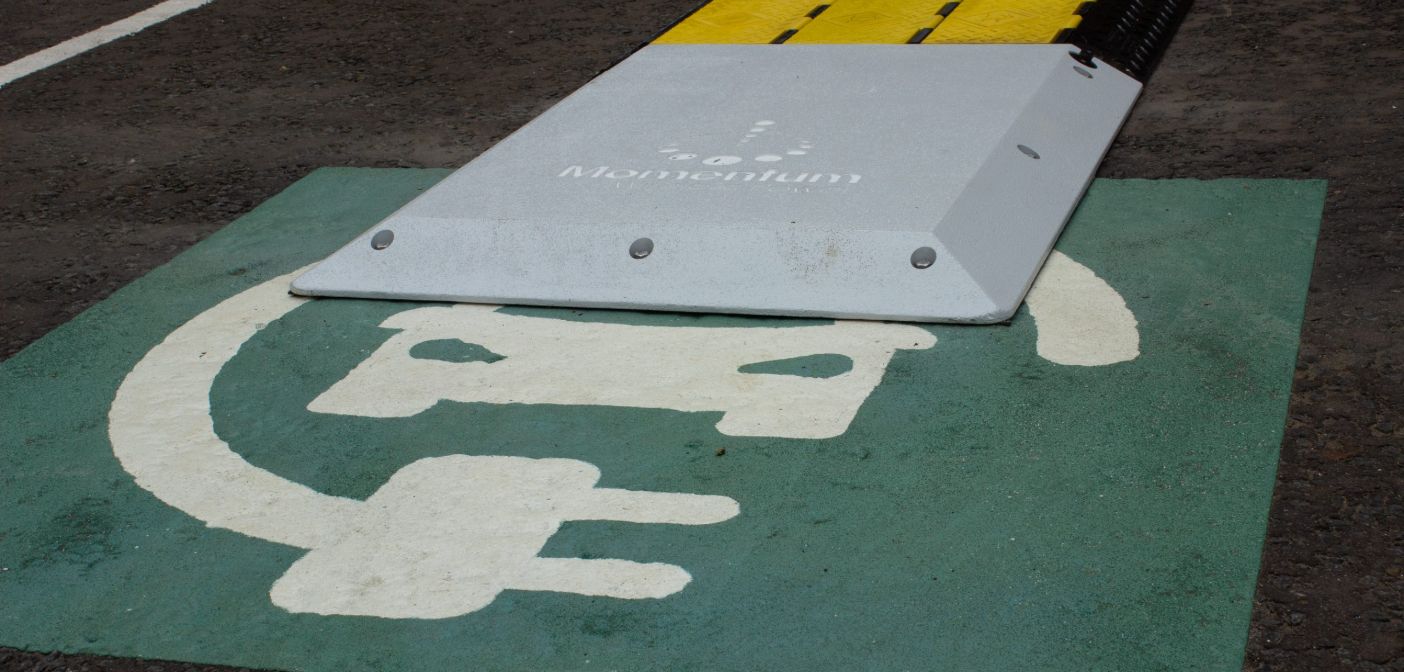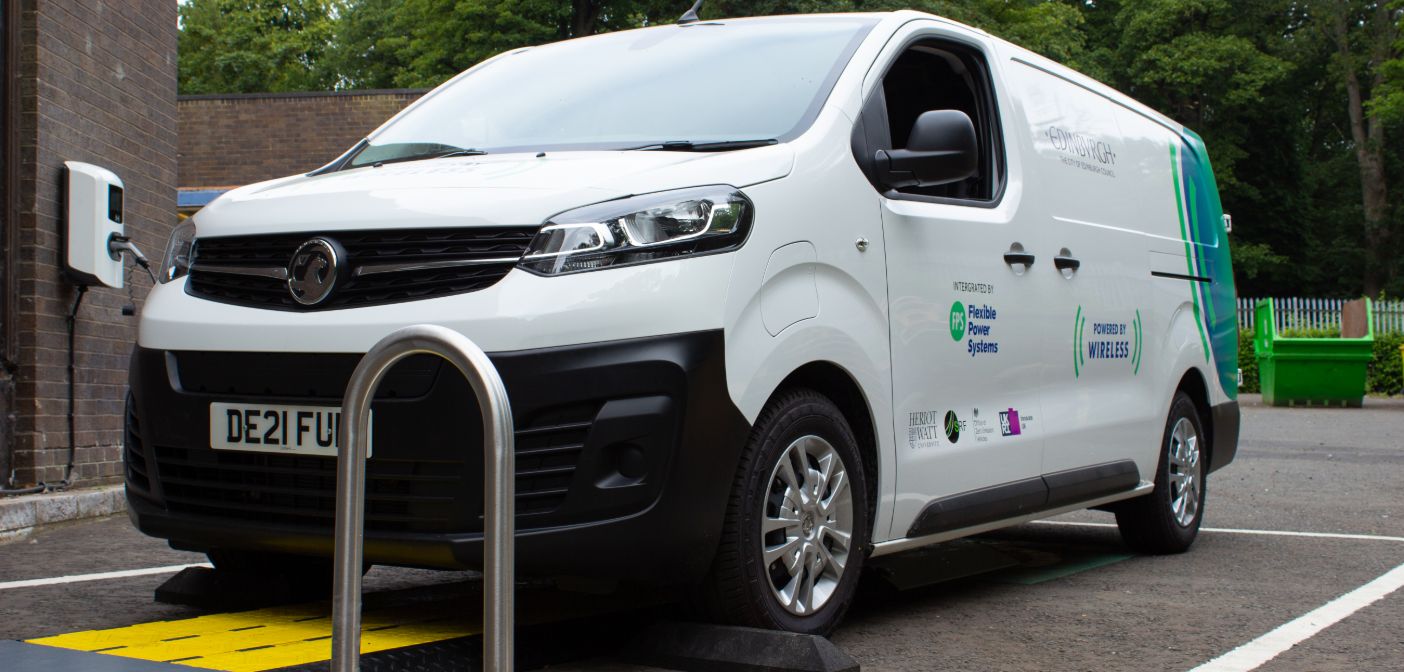A £1.6m project will see four modified Vauxhall vans take to the streets of the Scottish capital from today, fitted with a slim wireless charging pad on the underside.
To charge, the vans simply park above electric pads, and are topped up in under an hour with no need to plug in.
“Wireless changing could offer fleets efficiencies in terms of number of chargers needed, time required for charging and space in depots, all barriers to electrification. In future, driverless vans could even be used, as no one is needed to plug in charging cables,” said Flexible Power Systems (FPS) managing director Michael Ayres.

The project is led by FPS, in partnership with The City of Edinburgh Council and Heriot-Watt University. Funding for the trial is being provided by the UK government’s Office for Low-Emission Vehicles through its innovation agency Innovate UK.
Heriot-Watt University has been working with industry representatives to ensure its research in this project has real world application and relevance.
Read more: UK’s first wireless charging technology trial for LCVs to launch next year
Professor Phil Greening, deputy director of the Centre for Sustainable Road Freight, said: “Our role for around the past three years, has been to explore future scenarios assisted by advanced computer modelling in order to determine the benefits of wireless charging and find solutions to these challenges.
“While shared infrastructure and collaboration have great potential to reduce the costs of decarbonising last-mile logistics, there are complex scheduling and commercial trade-offs to be considered.

“Our research will help accelerate the decarbonisation of last mile deliveries and crucially reduce the cost of those operations.”
The trail runs until April next year and aims to explore how new technology can support the introduction of more electric vehicles to Edinburgh fleets. The project is part of the city council’s wider City Mobility Plan, which looks to ensure the Scottish capital is carbon neutral by 2030.


